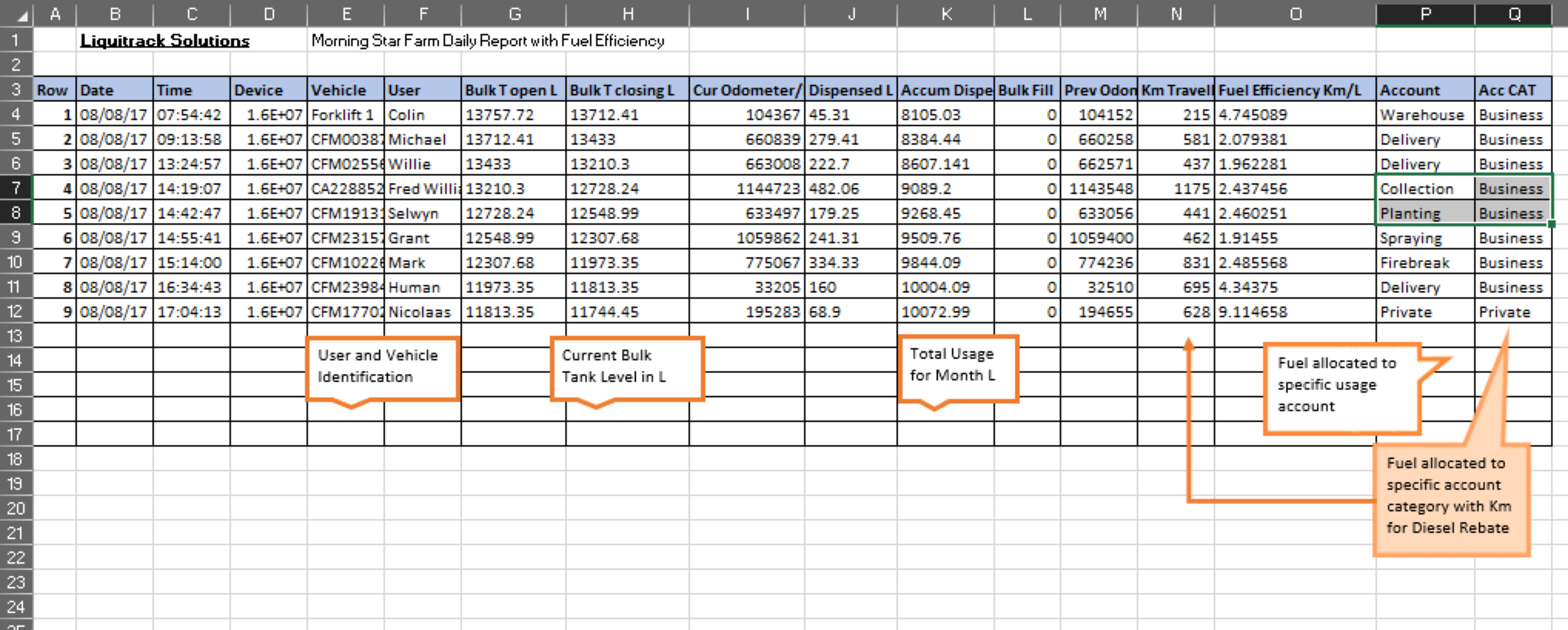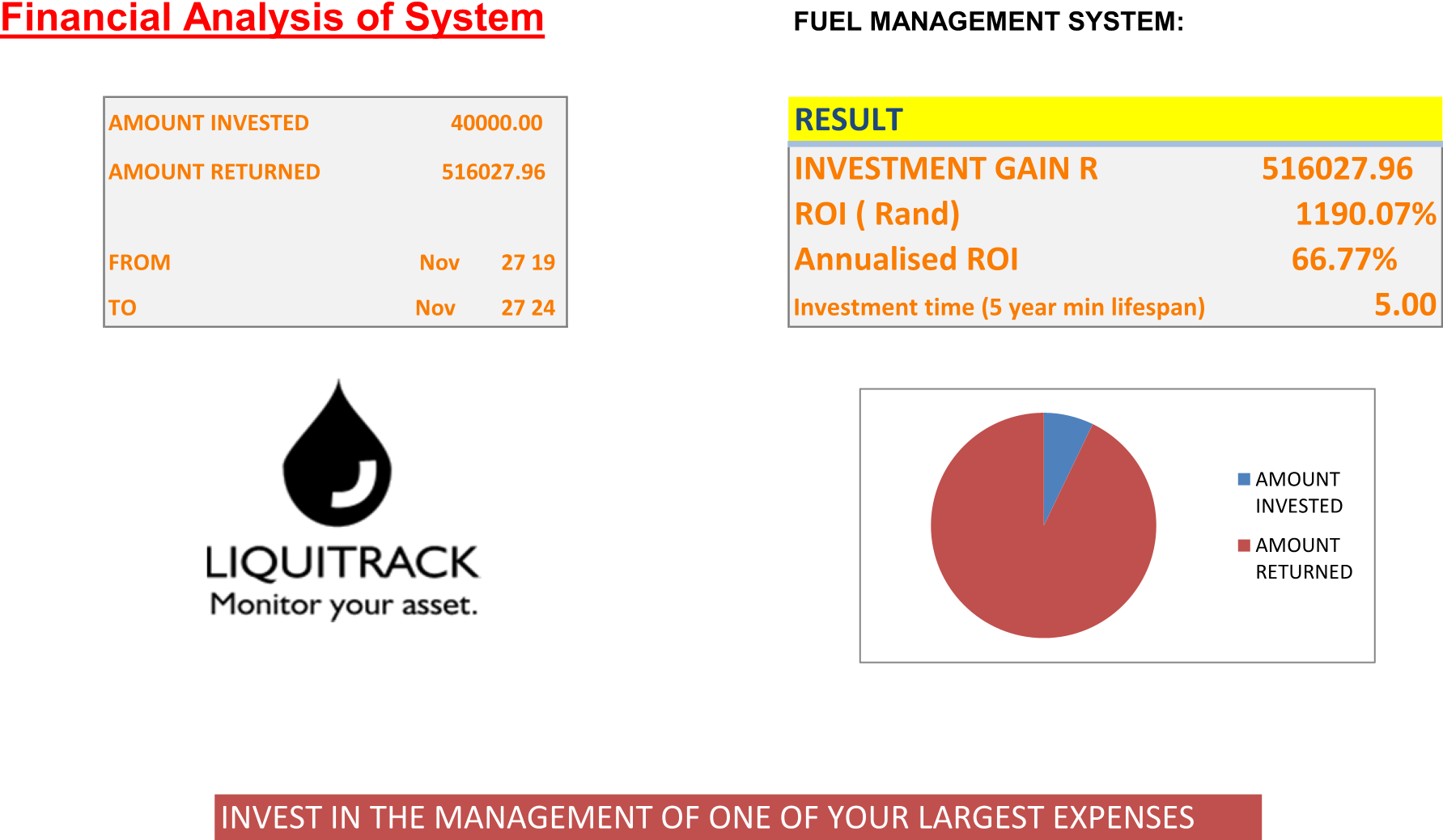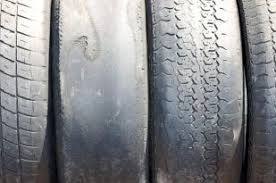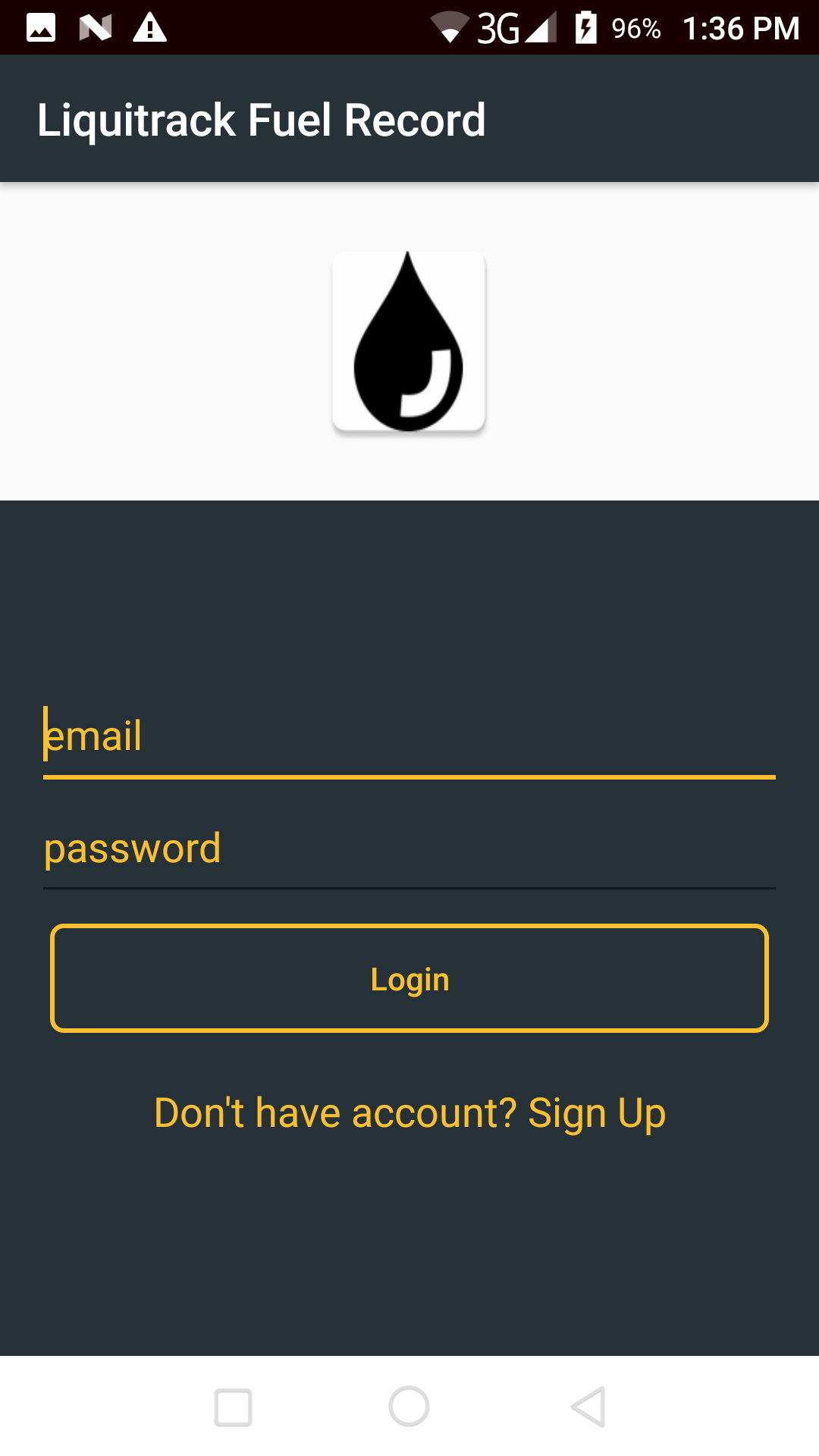Discover the Best Fuel Management Solutions for Smarter Fleet Control, Fuel Tracking, and Transport Efficiency
Optimize fuel consumption, prevent theft, and streamline fuel delivery with our all-in-one fuel monitoring and fleet management system – now with tyre management and real-time fuel control built in.
Frequently Asked Questions.
Save fuel, Save money and improve the bottom line.
(Click the question to see a solution.)
-
1. Are you finding your monthly fuel usage budget short every month?
-
2. Do you need an easy operable fuel management system that calculates the vehicle fuel efficiency on each fill-up?
-
3. Are you finding certain vehicles have high fuel shrinkage on long distance round trips?
-
4. Do you need to track your fleet fuel usage live?
-
5. Do you need to consolidate your off-site fuel card use with on-site fill ups?
-
6. Do you need to track your vehicle cargo weight live?
-
7. Are you experiencing numerous fines for overloading?
-
8. Are you experiencing high insurance premiums?
-
9. Do you need to reduce your business risks?
-
10. Are you experiencing high labour costs, poor fuel usage records and human error?
-
11. Do you need a system with a high return on investment and a quick payment return?
-
12. Do you need to track your fuel usage for a SARS fuel rebate?
-
13. Do you experience high expenses on tyres? Extend the life of your tyres by 30%, and reduce your expenses by 30%.
Explanations;
What are fuel management systems and why do businesses need them?
Fuel management systems are technology solutions that help businesses track, monitor, and control fuel usage across fleets, depots, and mobile tanks. By using sensors, GPS, and analytics, fuel management systems prevent theft, improve efficiency, and save costs. In South Africa, they are essential for companies facing high fuel costs and the need for accurate SARS diesel rebate claims.
1. Are you finding your monthly fuel usage budget short every month?

How do fuel management systems prevent fuel theft?
Liquitrack fuel management systems prevent theft by combining fuel level sensors, flow meters, and GPS stop detection. This ensures every litre dispensed or consumed is recorded. Unauthorized withdrawals, siphoning, or sudden level drops are flagged immediately, protecting businesses from losses.
2. Do you need an easy operable fuel management system that calculates the vehicle fuel efficiency on each fill-up?
Liquitrack has a fuel management solution, with an automated electronic fuel register. The register will calculate fuel usage between fill-ups and actual fuel efficiency. This actual figure can then be compared to the expected fuel usage and flag any large efficiency discrepancies.
3. Are you finding certain vehicles have high fuel shrinkage on long distance round trips?

Do fuel management systems track fuel usage in real time?
Yes. Modern fuel management systems provide real-time tracking of fuel consumption. Fleet managers can monitor vehicles and depots using cloud dashboards and mobile apps, giving instant visibility into how fuel is being used across the business.
4. Do you need to track your fleet fuel usage live?

Liquitrack has a solution, capacitive fuel level sensors can be fitted to the vehicle fuel tank which will provide accurate live fuel tank levels to a tolerance of 2%. The fuel sensor is connected to a compatible tracking AVL device, (AVL - automatic Vehicle Location). The sensor is calibrated to the specific tank and provides temperature level compensation and can detect differences in fuel quality or density.Can fuel management systems calculate vehicle fuel efficiency?
Yes. Liquitrack fuel management systems automatically calculate fuel efficiency after each fill-up. By combining odometer readings with dispensed volumes, inefficiencies are identified, poor driving habits are corrected, and overall fleet performance improves.
5. Do you need to consolidate your off-site fuel card use with on-site fill ups?

Liquitrack has a solution, we can consolidate records from the Liquitrack in house fuel management system with any fuel or bank card use from external service providers with a proxy mandate. Liquitrack can also provide a non expensive alternative to the expensive fuel management system by replacing it with a Android mobile app that tracks fuel usage via driver input. (onsite and off site with account function). management system
Click to see Holistic Fuel management System monitoring fuel from bulk tank to vehicle tank using sensors.Can fuel management systems monitor multiple tanks and compartments?
Yes. Liquitrack’s fuel management systems monitor multiple tanks and tanker compartments. Levels and temperatures are measured in real time, ensuring fuel loaded at depots reaches customers in full, without contamination, mixing, or loss during transport.
6. Do you need to track your vehicle cargo weight live?
Click to see Vehicle cargo tracking weight live.Do fuel management systems detect changes in fuel quality?
Advanced fuel management systems can detect changes in fuel composition or contamination. This protects businesses from receiving poor quality fuel and ensures vehicles and equipment run efficiently without costly downtime or repairs.
7. Are you experiencing numerous fines for overloading?

Liquitrack has a solution, load mass sensors can be fitted to spring axles or air suspension axles. The sensors can be fitted by wire or wirelessly to the compatible vehicle tracking device (AVL - automatic Vehicle Location). This sensor can be calibrated at any weigh bridge. A screen can be fitted in the driver’s cab, so that the driver can manage loading or it can be managed from head office via vehicle telematics.
Click to see Vehicle Axle Load Sensing Management Systems.Can fuel management systems monitor how much fuel is dispensed?
Yes. Fuel flow meters and liquid counters integrated into fuel management systems measure every litre dispensed. This makes sure deliveries match invoices and that depot operations are transparent and accurate.
8. Are you experiencing high insurance premiums?
9. Do you need to reduce your business risks?

Liquitrack can reduce your insurance premiums with fuel management systems and fuel tracking by reducing your business risk with vehicle and driver tracking. Driver and vehicle history can be used to determine risk with telematic information such as break use and speed. This information combined with a panic button and live tracking reduce business risk and your premiums. Better driving practice schemes can be implemented with bonus incentives.How do fuel management systems link deliveries to specific locations?
Liquitrack fuel management systems use GPS binding to connect each delivery or fuel dispensing event to a specific stop or location. This prevents fraudulent deliveries and provides proof of service for customers and suppliers.
10. Are you experiencing high labour costs, poor fuel usage records and human error?
The Liquitrack fuel management system will illuminate human error, save on labour and unnecessary paper records. All electronic data can be sent to multiple offices or departments via electronic mail, or even to the fuel supplier to alert them of a necessary bulk fill up. Many businesses rely on a trusted employee and a pen and paper to log their fuel usage records. This can lead to problems, due to human error. Liquitrack can attach a management system to your pump and provide a secure, digital and reliable record of your fuel usage. Only authorized persons can then power the pump and all volumes are recorded against each vehicle. An electronic log can then be sent to numerous emails so low management and high management, can all be on the same page as to how and where the fuel is being used. Monitoring sensors and alarms can also be installed in bulk tanks to catch leaks and contamination. Old mechanical pumps and electronic pumps can be converted.
Do fuel management systems integrate with fleet tracking?
Yes. Fuel management systems integrate seamlessly with fleet tracking, combining fuel usage data with vehicle location and performance. This provides businesses with a single platform for monitoring assets, reducing costs, and improving efficiency.
11. Do you need a fuel management system with a high return on investment and a quick payment return?

Depending on the degree of fuel shrinkage, number of vehicles, age of the vehicles and driving behavior, The Liquitrack fuel management system and fuel tracking has a potential ROI of up to 65% and a potential payment period of only 6 months. A small improvement of 1% in fuel efficiency can save thousands of Rands on a cost that is normally the second major expense after labour.Can fuel management systems improve driver performance?
Yes. By analysing fuel usage, speed, and driving behaviour, fuel management systems highlight inefficient driving. Companies can reward efficient drivers and provide training where necessary, reducing overall fuel costs and wear-and-tear on vehicles.
12. Do you need to track your fuel usage for a SARS fuel rebate?

Liquitrack fuel management system and fuel tracking , can provide the necessary management system whereby fuel usage can be allocated to a specific account electronically which can be used in conjunction with tracking data to comply with SARS for a fuel rebate in the specified industries. Claim your diesel expenses back, under the diesel refund scheme, using the Liquitrack automated fuel allocation by account management system.
Click to see Android App to track your fuel from bulk tank to vehicle tank.
Click to Download Android Mobile Fuel Management App from Google Play.
Click to see Eligability for fuel rebates in South Africa.13. Do you experience high expenses on tyres? Extend the life of your tyres by 30%, and reduce your expenses by 30%.
Liquitrack can provide a Tyre Pressure Monitoring System (TPMS) for managing your vehicle tyre pressures live with alerts for low pressures. Suitable from small vehicles to large scale commercial vehicles. Keeping your fleet tyres at the correct pressures can save your business significant and unnecessary expenses.
Click to see Tyre Pressure Management Systems.
Click to see Tyre Pressure Management Systems (TPMS).

Do fuel management systems help with tyre management?
Yes. Fuel management systems often integrate with tyre pressure monitoring systems. Correct tyre management reduces rolling resistance, improves safety, and saves fuel, making it a critical part of a complete fleet management solution.
How do fuel management systems support SARS diesel rebate claims?
Fuel management systems provide the accurate usage and reporting data required by SARS to qualify for diesel rebates. With electronic ledgers and real-time tracking, businesses can confidently claim rebates while staying compliant with South African tax regulations.
Do fuel management systems provide data analysis and reporting?
Yes. Fuel management systems collect and analyse large volumes of fuel data, generating insights into consumption patterns, losses, and inefficiencies. Businesses can act quickly to correct poor usage, making both short-term and long-term savings.
Can fuel management systems save money in the short and long term?
Yes. In the short term, fuel management systems cut costs by preventing theft and detecting inefficiencies. In the long term, they optimise fleet operations, reduce maintenance costs, improve compliance, and maximise rebate claims. These savings compound over time.
Who benefits most from fuel management systems?
Businesses with fleets, depots, or farms benefit most from fuel management systems. Transport, logistics, agriculture, mining, and construction companies in South Africa rely on them to reduce costs, prevent theft, and maintain efficient fuel operations.


